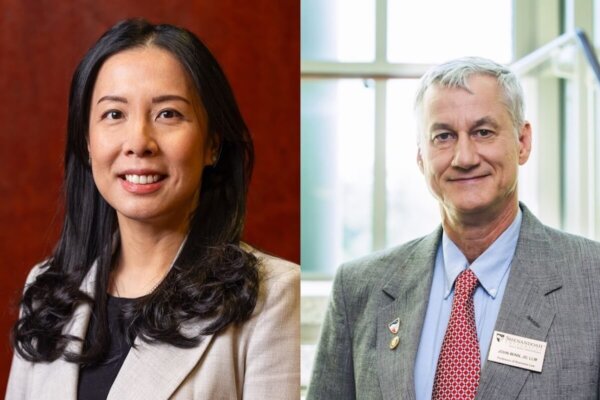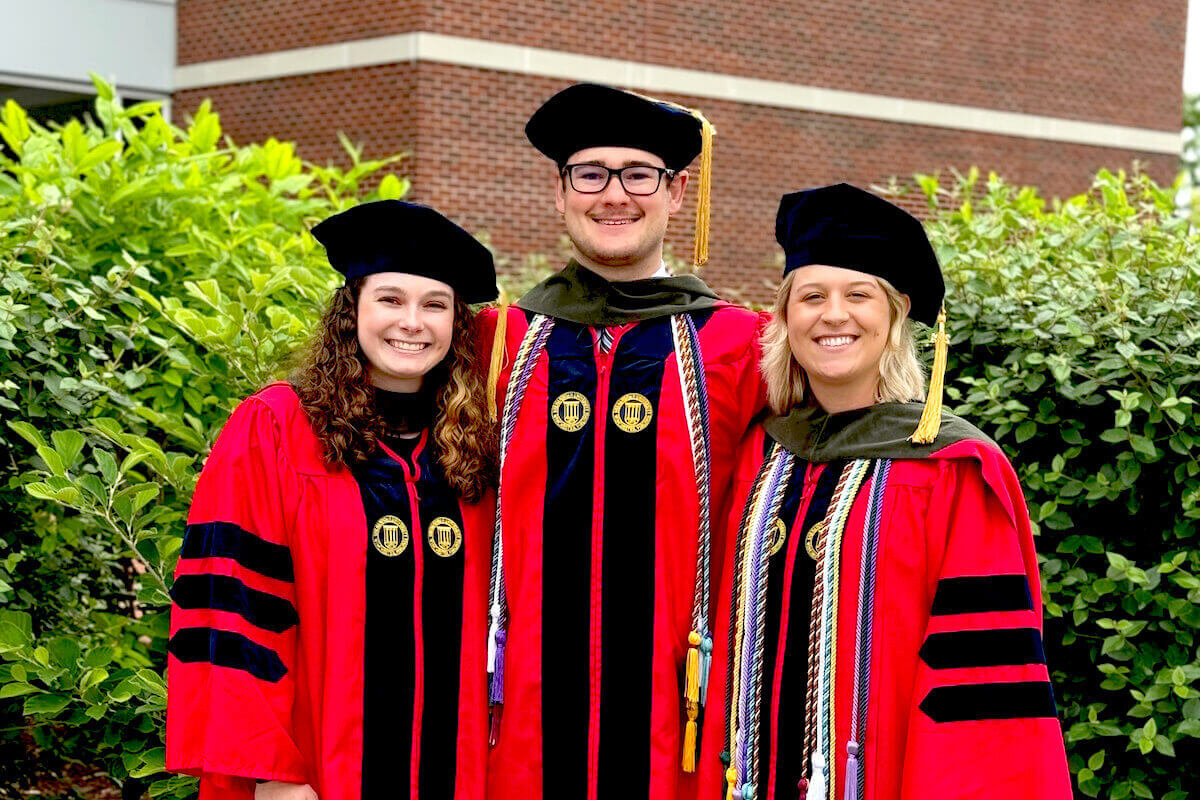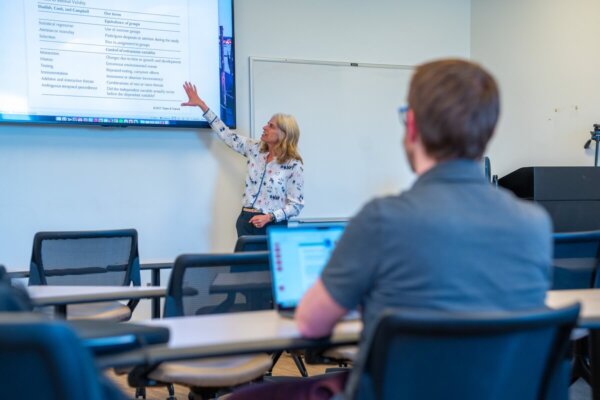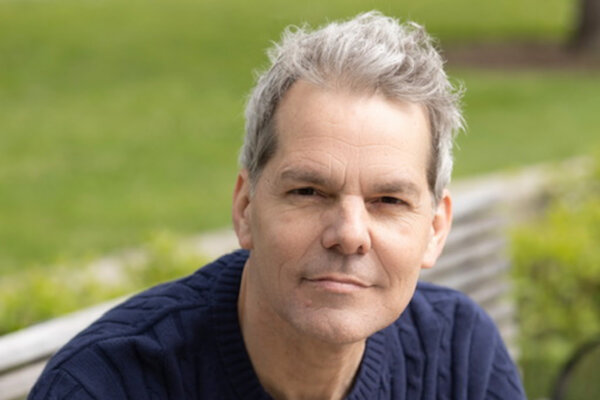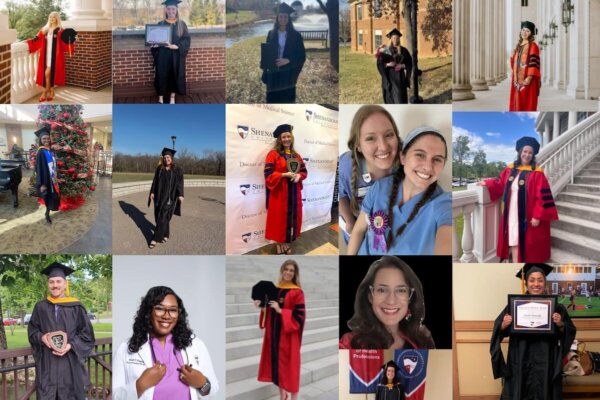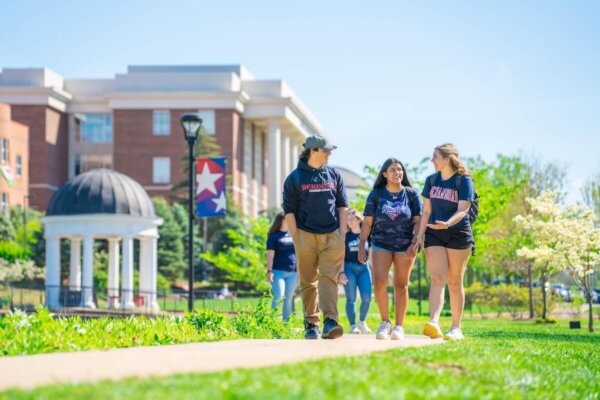Real Clients, Real Research Mark Shenandoah Business Education
More than 100 students at Shenandoah University’s School of Business perform real-world business research for real clients throughout the spring 2019 semester
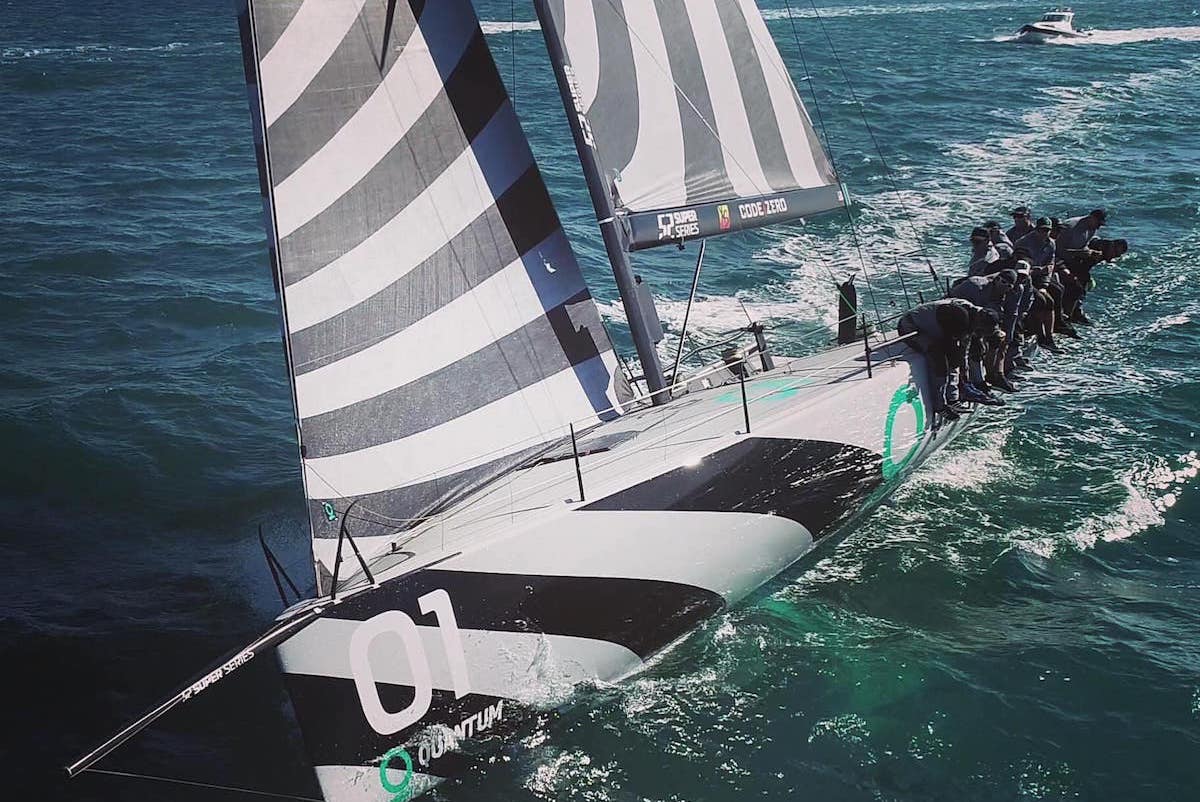
The education provided by Shenandoah University’s School of Business is so hands-on that an outside observer might mistake its work with that of a consulting firm.
In the spring 2019 semester, three projects are occurring concurrently:
- A group of hand-picked undergraduate and graduate students are working, extracurricularly, on brand sentiment and competitive analyses for Traverse City, Michigan-based Quantum Sails, a high-performance sail manufacturer (this project will also loop in a graduate-level class in the summer);
- Approximately 100 students, spread across classes taught by three professors, are delving into issues of climate, human resources and marketing for Massanutten Resort, a four-season resort in McGaheysville, Virginia; and
- An Introduction to Marketing class is working on a new marketing campaign for 734 Coffee, a social enterprise whose profits benefit Sudanese refugees
Each project provides students with direct client contact. They report on their progress, ask questions related to the client’s trade and get both clarifications about collected data and feedback about the client’s needs, said Associate Professor & Director of Internships Giles Jackson, Ph.D. Through the process, students gain insight into staying on track and producing a deliverable and develop vital project management skills as they work together in small teams. “Employers want project management skills and we aim to meet that need,” Dr. Jackson said.
How does Shenandoah acquire consulting clients?
It reaches out and asks.
Quantum Sails
The Quantum Sails project took its inspiration from Shenandoah’s sport management program, which has helped students work at several College Football Playoff Championships, the Super Bowl and the 2018 Winter Olympics. Jackson, who grew up sailing and is a follower of the 52 Super Series and other yacht racing circuits, thought it would be exciting to connect with a business at the cutting edge of the sport. “I think there is a lot that business generally can learn from professional sports, “Jackson said, “where coaches and captains alike are charged with nurturing positive team dynamics, maintaining morale, coping with the unexpected and inspiring peak performance in a high-pressure environment. After all, this is increasingly the norm in our globalized, hyper-competitive business world.”
So, he sent Quantum Sails an email. “I think they could feel my passion for sailing in my pitch,” Jackson said. Soon, he was on the phone with the firm’s marketing director, marketing coordinator and merchandise and event coordinator. Having seen sample written analyses by Shenandoah students, the firm decided to proceed with a program of research, and Jackson shared with them the tools the business school uses to set project parameters and define the critical questions to be investigated by students.
The students have periodic conference calls with the firm, which Jackson said seems pleased with the results so far. “The scope of the Quantum research will expand this summer, to include an examination of trends driving the European yachting market,” he said. Moreover this project has led to a new assignment with London-based World Sailing, the governing body of the sport of sailing, officially recognized by the International Olympic Committee.
“I was extremely honored that Dr. Jackson reached out to me regarding this project,” said MBA student Ben Ward. “I had just finished his Marketing and Management Strategy course and found it extremely valuable and equally challenging, as the course revolved around a similar project for another company based out of Leesburg. After much consideration to taking this on in addition to my course load, I decided to join Dr. Jackson in this project because I thought it was a great opportunity, not only for myself but also for the business school and Shenandoah University. Dr. Jackson is working very hard to bring more consulting opportunities like this to the business school and it will be very beneficial when he does! I wanted to be a part of that.” Ward is working on crafting a profile of one of Quantum Sails’ competitors.
“I thought this project would really allow some insight to what types of problems companies identify and research in the real world,” said Courtney Hodges ’19, who is on a team researching industry statistics and trends for superyachts, or sailboats over 80 feet in length. “At Shenandoah we do a lot of case studies, but this is a real, current issue that is actually occurring at a company, and they’re relying on us and our research to help them. I think it’s really unique that Shenandoah allows these experiences for students, and it will help me in the future, wherever I end up.”
Through the process, she said she’s not only learned about the sailboat industry, “but also just how industries and markets can fluctuate, and the serious consequences of failing to closely watch and anticipate trends. We see these examples in classroom settings, but we only ever see them in an ‘after-the-fact’ manner, knowing what the outcome of those consequences were (good or bad), and it all feels very disassociated and distant,” she said. “With this example, we are seeing it and working within the real-life timeline, with no concrete evidence on how it will play out in the end. The stakes and the importance of our research feels a lot more important and needed than just writing up a report for a class about an event that happened five or ten years ago.”
Taking part is no simple task for Ward, who is both working and attending school full time. “I have to be very creative and efficient with my time,” he said. “I tend to work on the project in chunks when and where I can, and typically these chunks occur early in the morning, late at night, or over my lunch break. This is also when I do most of my school work, so I do a lot of jumping back and forth between tasks and assignments. This approach may not work for everyone, but it works for me and gets the job done.”
Ward added that he feels the project will set the tone for Shenandoah business studies as it combines real-world applications with theory. “You can’t gain that type of knowledge from a book,” he said. “Our end goal is simply to bring value and knowledge to Quantum Sails through our research and recommendations so that they are able to better achieve both their short-term and long-term goals. I think we are well on track to doing that.”
Massanutten Resort
Jackson is also leading an effort that benefits Massanutten Resort and Shenandoah business students. Encore Elite Partners (EEP) Owner, Producer and Founder Nancy Craun planted the seed from which the relationship with Massanutten has grown, Jackson said. In the fall, Jackson’s business students performed research for 15 Shenandoah Valley firms, all of which are EEP clients.
Classes taught by Assistant Professor of Management Montressa Washington, Ph.D.; Assistant Professor of Information System Technology Christine Custis, Ph.D.; and Assistant Professor of Quantitative Methods and Supply Chain Management Orkun Baycik, Ph.D., are delving into a variety of questions for the resort. Approximately 100 students are working in teams and looking at how forecasted weather affects cancellation rates and how review websites impact client behavior (Dr. Baycik); into key ways to measure employee engagement and internal communication, as well as the most effective methods for recruiting and retaining employees for specialized jobs (Dr. Washington); and how social media/inbound online content strategies affect consumer decisions (Dr. Custis).
Students in both undergraduate and graduate classes are using the theory they’ve learned to conduct research, and faculty are collaborating across classes to provide Massanutten with the valuable information being compiled.
734 Coffee
Jackson connected with Manyang Kher, one of the founders of 734 Coffee, when Kher spoke at Shenandoah during Martin Luther King Jr. Week in January, intuiting that his students could provide research assistance to the firm. 734 Coffee harvests coffee in a region of Ethiopia that is home to many South Sudanese refugees, and the company’s proceeds fund scholarships and education programs for Sudanese refugees.
Jackson and 734 Coffee decided to work together, with Jackson’s Introduction to Marketing students investigating a variety of business questions for the firm. On a recent Thursday morning, the 12 teams of students in Jackson’s class participated in a Zoom call with 734 Coffee, getting the firm’s input on their questions. They learned that a connection with the Catholic Church might help connect with members of the East African diaspora in states like California and Nebraska. Students also learned about the firm’s partnership with a California cafe, and that they needed to look into how the firm could build on its relationship with American University to establish new customers in higher education, and also on how to build on its connections with non-governmental organizations such as UNICEF. The students learned as well that the firm is taking students from an Alabama university to its coffee supplier in Ethiopia, which opened up a new line of questioning around developing markets through travel opportunities via higher education institutions.
Once 734 signed off from the call, Jackson reviewed the information gathered from the call, noting that some questions needed sharpening, and advised students to seek out the clarifications and further information they need from both the company and company-associated firms as soon as possible. He also left them with some related real-life advice: clients can grow frustrated if immediate tasks are left to slide.
Growing Culture of Experiential Learning
While Shenandoah is providing experiential opportunities for both undergraduate and graduate students, they are already becoming the norm, overall, at the graduate level. Employers see a degree as a baseline, but they want evidence that a candidate can define and see through a project. “Both our acting dean, Dr. Bogdan Daraban, and our incoming dean, Dr. Astrid Sheil, are enthusiastic supporters of experiential, project-based learning,” said Jackson. “They understand where the needs are, as do my faculty colleagues. I believe our school is entering a new and exciting chapter in its history.”
At Shenandoah, regardless of the business degree, students are getting the experience and training they’ll need for rewarding lives as business professionals.
Businesses interested in working with the Harry F. Byrd, Jr. School of Business may contact Giles Jackson at gjackson@su.edu or at (202) 257-4854.
Image: Quantum Sails
